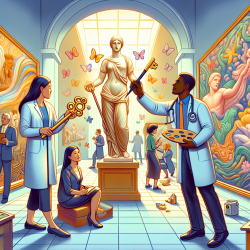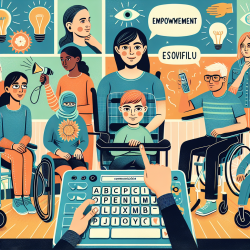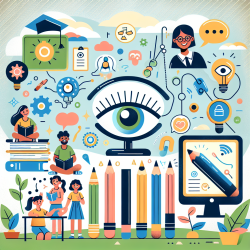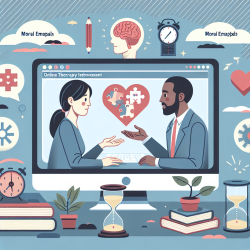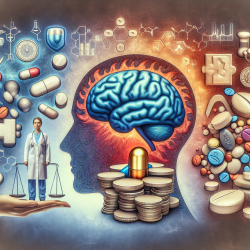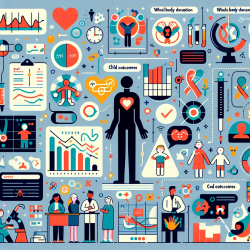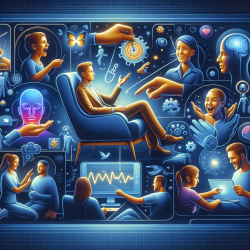Unlock Your Potential: How Art Museums Can Transform Your Therapy Skills!
In the ever-evolving field of therapy, practitioners are constantly seeking innovative methods to enhance their skills and improve client outcomes. A recent study titled Transformative experiences at art museums to support flourishing in medicine sheds light on a novel approach that could be a game-changer for therapists: integrating art museum experiences into professional development.
The Study: A New Perspective on Professional Growth
Conducted by S. Tackett et al., the study explored the impact of a 4-week arts-based elective on medical students. This elective included sessions at art museums and cultural centers, complemented by online activities. The course aimed to foster personal and professional growth by enhancing attributes such as capacity for wonder, tolerance for ambiguity, and openness to diversity.
Key Findings: A Pathway to Flourishing
The study revealed significant improvements in participants' capacity for wonder and tolerance for ambiguity. Students reported reconnecting with personal interests, appreciating diverse perspectives, and developing a renewed sense of purpose. These findings suggest that arts-based education can be transformative, not just for medical students, but potentially for therapists seeking to enhance their practice.
Applying the Research: Enhancing Your Therapy Practice
As a therapist, integrating art museum experiences into your professional development can offer numerous benefits:
- Reconnect with Personal Interests: Engaging with art can help you rediscover personal passions that may have been sidelined, fostering a more holistic approach to therapy.
- Enhance Empathy and Perspective-Taking: Analyzing art encourages you to consider multiple viewpoints, a skill that is invaluable in understanding and empathizing with clients.
- Develop Professional Identity: Reflecting on art can aid in the ongoing process of professional identity formation, helping you define your unique approach to therapy.
- Encourage Mindfulness and Reflection: The quiet, contemplative environment of a museum can provide a much-needed space for reflection, allowing you to process experiences and renew your sense of purpose.
Encouraging Further Exploration
While the study focused on medical students, its implications for therapy are profound. Consider exploring local art museums or cultural centers as part of your professional development. Engage in activities such as visual thinking strategies or personal response tours to deepen your understanding of self and others.
For therapists interested in further research, the study highlights the potential of arts-based education to enhance professional growth. Collaborating with art educators or integrating arts into therapy sessions could open new avenues for client engagement and therapeutic outcomes.
To read the original research paper, please follow this link: Transformative experiences at art museums to support flourishing in medicine.
